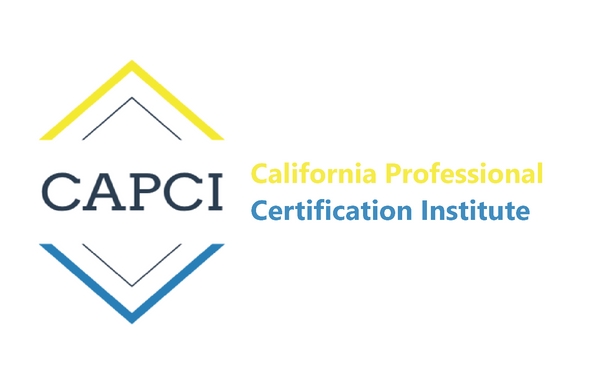Information security consulting is a rewarding and in-demand field that requires a unique blend of technical expertise, problem-solving skills, and a deep understanding of cybersecurity. While many believe that extensive experience is a prerequisite to enter this industry, there are several strategies aspiring professionals can employ to kick-start their careers in information security consulting. In this blog post, we will explore the best ways to enter the field without a lot of prior experience, providing actionable insights and guidance for those seeking to make their mark in this exciting domain.
Develop a Solid Foundation: Begin by building a strong foundation of knowledge and skills in information security. Start by pursuing relevant certifications such as the CAPCI ISNC/ISCNC, CompTIA Security+, Certified Ethical Hacker (CEH), or Certified Information Systems Security Professional (CISSP). These certifications will demonstrate your commitment and provide a solid foundation in security principles and best practices. Start with certifications that do not require many prerequisites such as years of experience or other certifications.
Leverage Transferable Skills: Even without direct experience in information security, you likely possess transferable skills that can be valuable in the field. Analytical thinking, problem-solving abilities, communication skills, and a strong work ethic are all qualities sought after in information security consultants. Highlight these skills on your resume and during interviews to showcase your potential and adaptability.
Gain Practical Experience: While experience may be limited, seek out opportunities to gain practical experience in the field. Consider participating in Capture the Flag (CTF) competitions, joining cybersecurity clubs or organizations, or contributing to open-source security projects. These activities will provide hands-on experience, allow you to apply your knowledge, and demonstrate your passion for the field.
Networking and Mentorship: Building a professional network is crucial in any industry, including information security consulting. Attend industry conferences, local meetups, and workshops to meet professionals in the field and learn from their experiences. Seek out mentors who can guide you and provide valuable insights and advice. Networking can open doors to potential job opportunities and help you stay informed about industry trends and advancements.
Personal Projects and Side Hustles: Engage in personal projects and side hustles to showcase your skills and initiative. Create a security-focused blog, contribute to security-related forums or online communities, or build a portfolio of practical projects. These initiatives demonstrate your commitment, allow you to develop a personal brand, and serve as tangible evidence of your abilities to potential employers.
Internships and Entry-Level Positions: Consider internships or entry-level positions in information security consulting firms, managed security service providers (MSSPs), or cybersecurity departments within organizations. These opportunities provide valuable on-the-job training, mentorship, and exposure to real-world cybersecurity challenges. While the initial roles may be junior, they serve as stepping stones to more advanced positions.
Continuous Learning: Information security is a dynamic field that requires constant learning and staying up to date with the latest trends, threats, and technologies. Continuously expand your knowledge through self-study, online courses, and industry-specific publications. Develop a habit of regularly reading cybersecurity blogs, attending webinars, and participating in relevant online communities to remain current and showcase your enthusiasm for learning.
Conclusion: Breaking into information security consulting without a lot of experience may seem challenging, but it is certainly achievable with the right approach and dedication. By building a strong foundation, gaining practical experience, networking, and continuously learning, aspiring professionals can position themselves for success. Embrace opportunities for growth, leverage transferable skills, and showcase your passion and commitment to the field. Remember, perseverance and a proactive mindset are key to achieving your goal of becoming an information security consultant.

